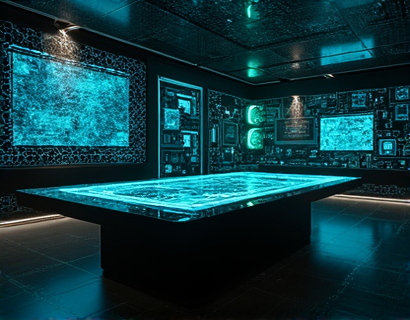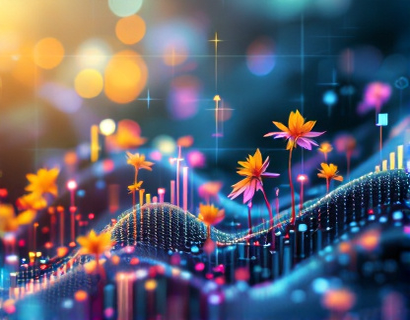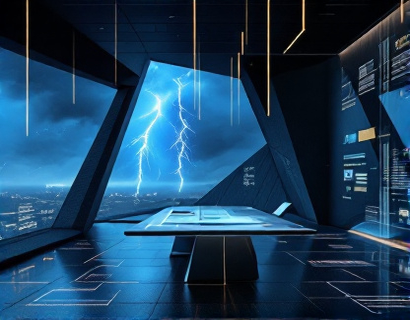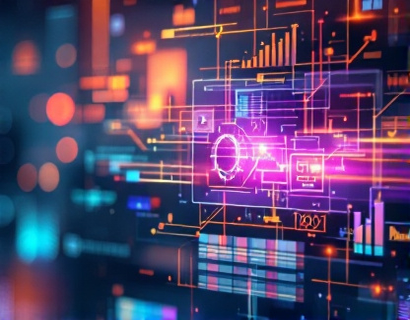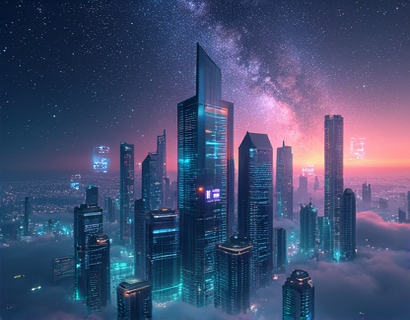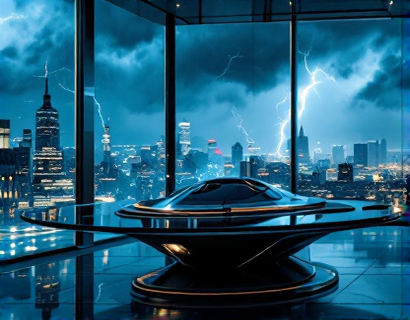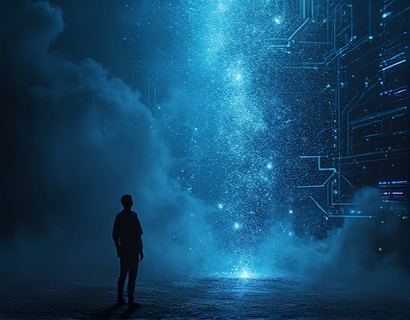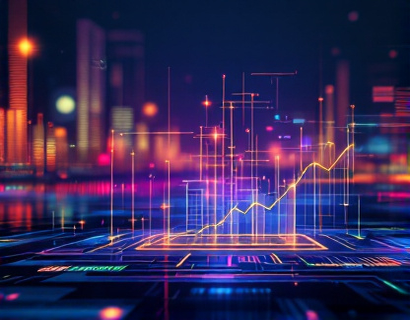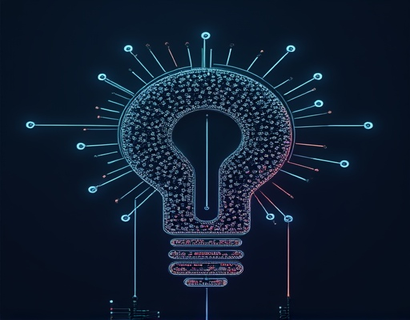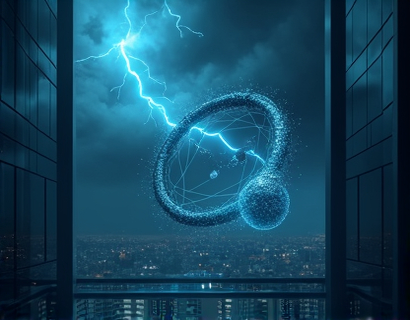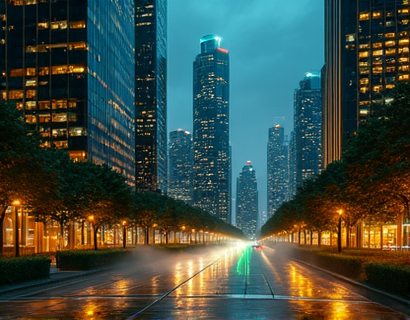Unlocking Musical Creativity: Harnessing AI for Advanced Composition and Production
The landscape of music creation is undergoing a transformative shift, driven by the integration of artificial intelligence (AI) into composition and production tools. This evolution promises to unlock new dimensions of creativity, streamline workflows, and enhance the overall sound quality of musical works. For both seasoned professionals and emerging artists, AI-driven software offers a powerful ally in realizing their artistic visions and pushing the boundaries of what is possible in music.
AI technology in music creation is not just a novelty; it represents a significant advancement in the tools available to musicians. These tools leverage machine learning algorithms to analyze vast amounts of musical data, learn patterns, and generate new content that can inspire and assist creators. The result is a more efficient and innovative process that allows artists to focus on their unique artistic expression while benefiting from the computational power and insights provided by AI.
Streamlining Composition with AI
One of the most impactful applications of AI in music creation is in the composition phase. Traditional composition methods can be time-consuming and sometimes limiting, as they rely heavily on the composer's existing knowledge and skills. AI tools, however, can generate melodies, harmonies, and even entire sections of music based on input parameters such as genre, mood, and tempo. This capability allows artists to explore a wider range of musical ideas quickly and efficiently.
For instance, AI can analyze a set of reference tracks and generate new musical phrases that fit within the desired style and context. This not only saves time but also exposes composers to new ideas and possibilities they might not have considered otherwise. The ability to iterate rapidly and experiment with different combinations of elements can lead to breakthroughs in creativity, helping artists overcome creative blocks and discover fresh sounds.
Enhancing Sound Quality through AI
Beyond composition, AI plays a crucial role in enhancing the sound quality of musical productions. Digital audio workstations (DAWs) integrated with AI capabilities can automatically apply optimal settings for recording, mixing, and mastering. These tools analyze the audio material and adjust parameters such as EQ, compression, and reverb to achieve a professional-grade sound without requiring extensive technical knowledge.
AI algorithms can also detect and correct issues in recordings, such as noise reduction, pitch correction, and tuning. This ensures that the final product is polished and error-free, allowing artists to focus on the creative aspects of their work. Moreover, AI-driven plugins can simulate the sound of iconic analog equipment, providing access to high-quality audio processing that was previously only available to those with expensive hardware.
Intuitive User Interfaces and Accessibility
A key advantage of AI-powered music creation tools is their user-friendly interfaces. Designed with both beginners and experts in mind, these platforms offer intuitive features that make complex tasks accessible to a broader audience. Visual interfaces, drag-and-drop functionality, and step-by-step guides help users navigate the software with ease, reducing the learning curve and making music production more approachable.
For emerging artists who may not have a background in music theory or production, AI tools provide a level playing field. They can experiment with different musical concepts and techniques without the need for extensive prior knowledge. This democratization of music creation empowers a new generation of creators to enter the field and contribute their unique perspectives, enriching the musical landscape.
Collaboration and Community Engagement
AI in music creation also facilitates collaboration and community engagement. Cloud-based platforms enable multiple users to work on the same project simultaneously, regardless of their physical location. AI can mediate these collaborative efforts by suggesting harmonious integrations of different contributions, ensuring a cohesive final product. This real-time collaboration enhances the creative process, fostering a sense of community and shared purpose among artists.
Furthermore, AI-driven recommendation systems can connect artists with similar interests or complementary skills, opening up opportunities for collaborations that might not have been possible otherwise. These connections can lead to innovative fusions of styles and genres, pushing the boundaries of musical expression.
Personalization and Customization
One of the most exciting aspects of AI in music creation is its ability to personalize the experience for each user. AI algorithms can learn from an artist's preferences and past work, tailoring suggestions and automations to suit their unique style and workflow. This level of customization ensures that the tools are not just efficient but also aligned with the artist's artistic vision.
For example, AI can analyze a composer's previous pieces and generate new ideas that are consistent with their established style while introducing subtle variations to keep the music fresh. This personalized approach helps maintain the artist's identity while expanding their creative horizons.
Ethical Considerations and the Future of Music Creation
As AI becomes increasingly integrated into music creation, it is essential to address the ethical considerations surrounding its use. Questions about authorship, originality, and the role of human creativity in the face of machine-generated content are valid and warrant thoughtful discussion. However, rather than viewing AI as a replacement for human artists, it is more accurate to see it as a powerful tool that enhances and expands creative possibilities.
Looking ahead, the future of music creation with AI is promising. Continuous advancements in machine learning and neural networks will likely lead to even more sophisticated tools that can understand and replicate complex musical structures. The integration of AI with other emerging technologies, such as virtual reality and augmented reality, could further revolutionize how music is experienced and created.
Conclusion
The incorporation of AI into music composition and production represents a significant leap forward in creative technology. By streamlining workflows, enhancing sound quality, and providing intuitive tools, AI empowers artists to realize their artistic visions more effectively. Whether you are a seasoned professional or just starting your musical journey, embracing AI-driven tools can open up new avenues of creativity and innovation. As the technology continues to evolve, the potential for groundbreaking musical achievements is limitless.



